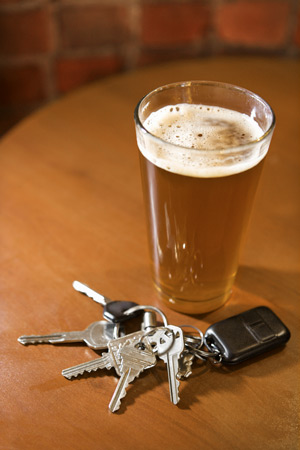Drunk Driving Laws
Estonia has a zero tolerance toward drunk driving. If you are stopped by the police with any alcohol in your system, the police will issue a fine. If you are stopped again within one year for the same offense, the fine is increased with the possibility of a custodial sentence.
The minimum legal age to drive automobiles in Estonia is 18. A person can legally drink alcohol from the age of 18.
Sobriety Test
The police can undertake random breath testing at any location. A Breathalyzer test is used and other tests (urine or blood) can be given at a police station to collect evidence if a driver fails a Breathalyzer test. If the test is negative, the police must let you proceed. Refusal to take a Breathalyzer test is seen as an omission of guilt and you will be fined if you refuse.
Penalties for Driving Under the Influence
Penalties can include fines and prison sentences.
Drug Laws
Although police vehicles do not have drug testing equipment that can be used on the roadside if you are suspected of being under the influence of drugs, you may be required to undergo medical testing in a police station or clinic. There is no specific law targeting drugs and driving, but the use of any drug or psychotropic substances without medical permission is against the law.
Social Attitudes toward Drinking
Like many countries, Estonia has a culture of drinking alcohol during cultural and family occasions. Where this leads to drinking and driving, there is a noticeable seasonal variation in the country with most offences occurring during the summer months. Despite the zero tolerance policy and widespread public awareness campaigns, there is little evidence that rates of drinking and driving in Estonia are declining. Police estimate that around five percent of random sobriety tests of drivers generate positive results. The naming and shaming of public figures (including politicians) found guilty of drinking and driving is a common practice but also does not seem to have had a significant impact. Some social studies have considered most offenders to be from the business community, and are unwilling to use public transport as part of their social status.
Article written for World Trade Press by Paul Giess.
Copyright © 1993-2025 World Trade Press. All rights reserved.



